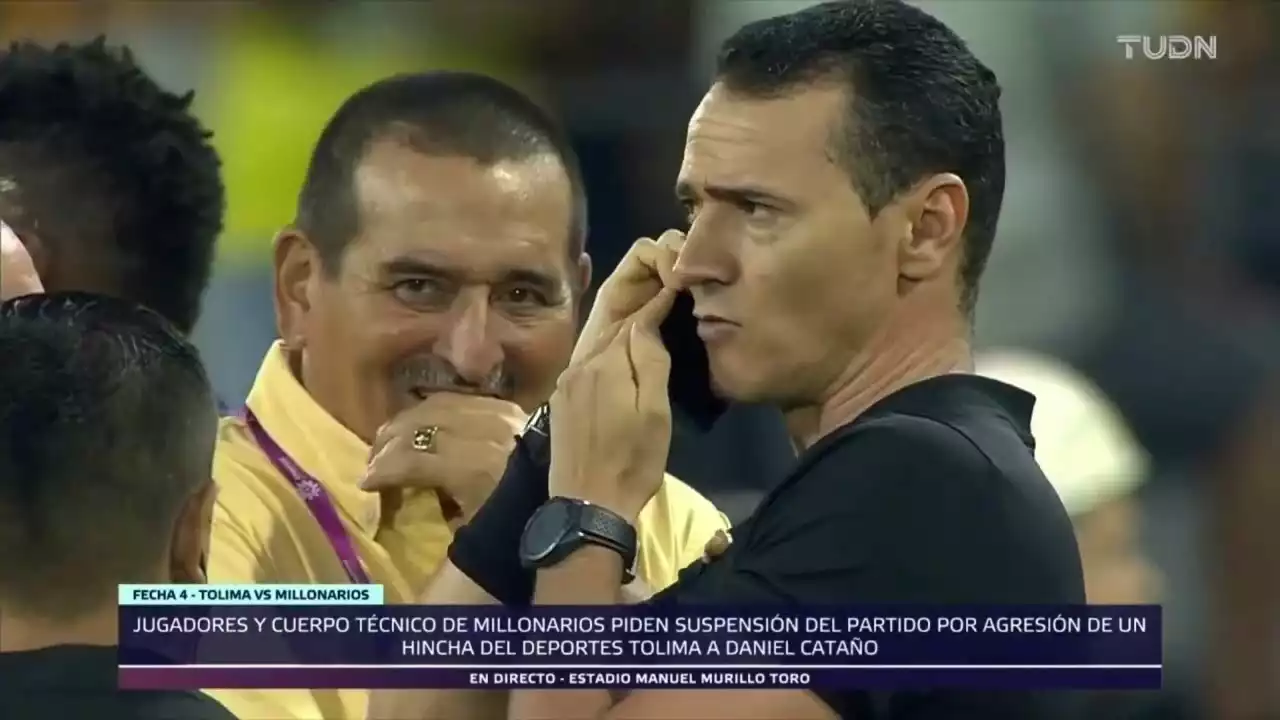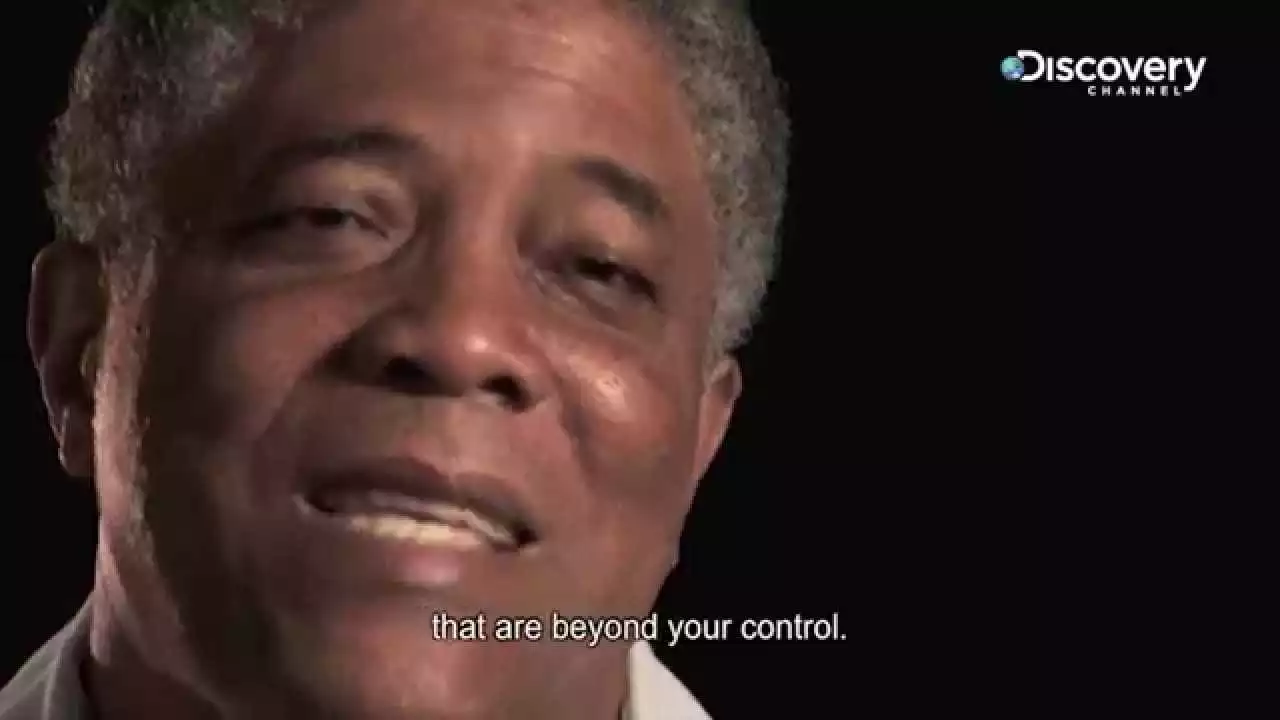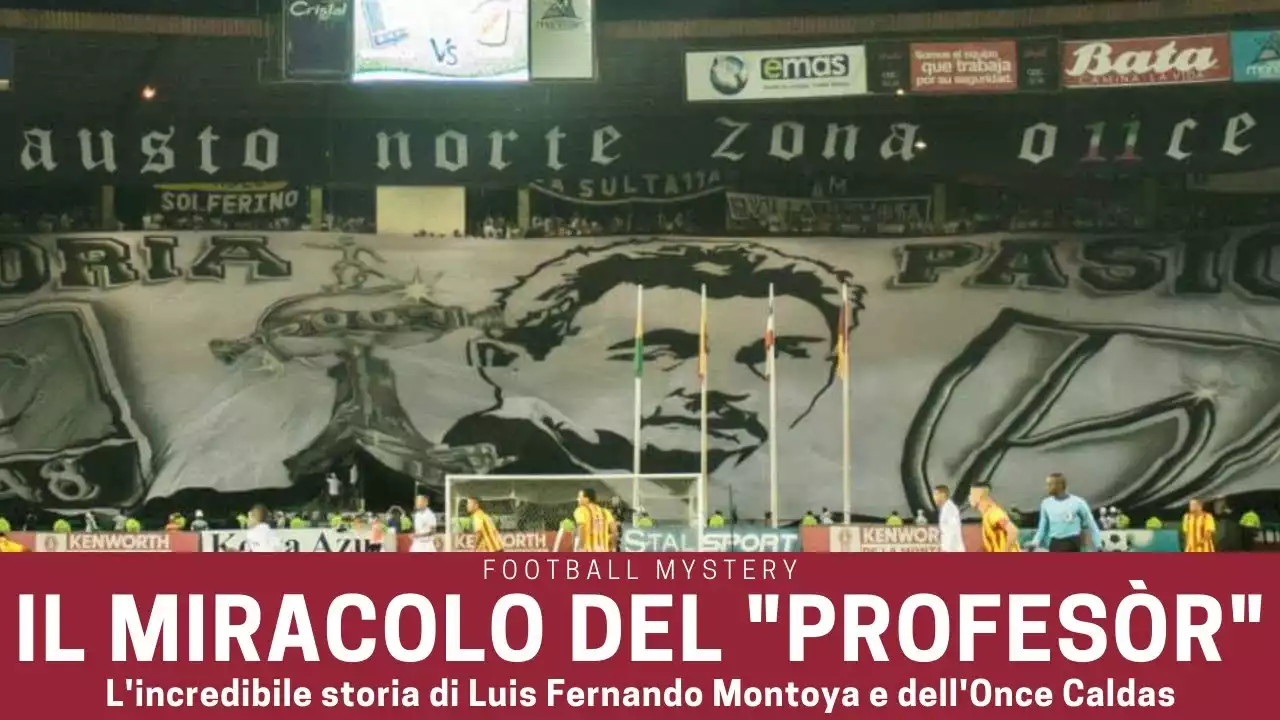Autocratic managerial style in Categoria Primera A
The autocratic managerial style is characterized by a top-down approach, where the coach makes all the decisions and commands a high degree of control over the team. This approach can be effective in certain situations, such as when a team is struggling and needs a strong leader to make quick and decisive decisions. However, it can also lead to a lack of creativity and innovation, as players may feel stifled and unable to express themselves on the field.
One example of an autocratic coach in the Categoria Primera A is Diego Simeone, the manager of Atletico Madrid. Simeone is known for his strict discipline and rigorous training regime, which has helped Atletico win several titles over the years. However, his approach has also been criticized for being too rigid and inflexible, which can lead to burnout and fatigue among his players.
Overall, the autocratic managerial style can be effective in the short term, but it may not be sustainable in the long run. Coaches who adopt this approach need to be aware of the potential drawbacks and find ways to balance control with creativity and innovation.
Democratic managerial style in Categoria Primera A
The democratic managerial style is characterized by a collaborative approach, where the coach involves the players in decision-making and encourages open communication. This approach can be effective in building trust and fostering a sense of teamwork, as players feel valued and empowered to contribute to the team's success. However, it can also lead to a lack of direction and clarity, as players may have different opinions and goals.
One example of a democratic coach in the Categoria Primera A is Marcelino Garcia Toral, the manager of Athletic Bilbao. Marcelino is known for his inclusive approach, where he encourages players to share their ideas and opinions. This has helped Athletic Bilbao develop a strong team spirit and a clear sense of purpose, which has translated into on-field success.
Overall, the democratic managerial style can be effective in building a cohesive and motivated team, but it requires strong communication skills and the ability to balance different perspectives.
Laissez-faire managerial style in Categoria Primera A
The laissez-faire managerial style is characterized by a hands-off approach, where the coach delegates decision-making to the players and focuses on providing support and guidance. This approach can be effective in empowering players and encouraging innovation, as they are free to express themselves on the field. However, it can also lead to a lack of accountability and direction, as players may not have clear goals or expectations.
One example of a laissez-faire coach in the Categoria Primera A is Unai Emery, the manager of Villarreal. Emery is known for his relaxed and supportive approach, where he trusts his players to make their own decisions and provides guidance when needed. This has helped Villarreal develop a creative and dynamic play style, which has led to several impressive victories.
Overall, the laissez-faire managerial style can be effective in fostering creativity and innovation, but it requires a strong sense of trust and accountability among players.
Situational managerial style in Categoria Primera A
The situational managerial style is characterized by a flexible approach, where the coach adapts their leadership style to fit the situation at hand. This approach can be effective in responding to changing circumstances and maximizing player potential, as the coach can tailor their approach to the needs of the team. However, it can also lead to inconsistency and confusion, as players may not know what to expect from their coach.
One example of a situational coach in the Categoria Primera A is Zinedine Zidane, the manager of Real Madrid. Zidane is known for his ability to adapt his approach based on the opponent and the players at his disposal. This has helped Real Madrid achieve success in both domestic and international competitions, as Zidane is able to make strategic decisions that maximize the team's potential.
Overall, the situational managerial style can be effective in responding to changing circumstances, but it requires a high degree of flexibility and adaptability.
The impact of managerial styles on team performance
Each managerial style has its strengths and weaknesses, and the impact on team performance can vary depending on the circumstances. For example, an autocratic coach may be effective in motivating a struggling team in the short term, but in the long run, it may lead to burnout and lack of creativity. On the other hand, a laissez-faire coach may be effective in fostering innovation and creativity, but it may also lead to a lack of accountability and direction.
Ultimately, the most effective managerial style is one that balances control with creativity, and adapts to the needs of the team. Coaches who are able to communicate effectively, build trust, and provide guidance and support are more likely to succeed in the highly competitive world of football.
Examples of successful managers and their styles in Categoria Primera A
There are several examples of successful managers in the Categoria Primera A, each with their unique approach to leadership. Diego Simeone, the manager of Atletico Madrid, is known for his autocratic style, which has helped Atletico win several titles over the years. Marcelino Garcia Toral, the manager of Athletic Bilbao, is known for his democratic style, which has helped Athletic Bilbao develop a strong team spirit and a clear sense of purpose. Unai Emery, the manager of Villarreal, is known for his laissez-faire style, which has helped Villarreal develop a creative and dynamic play style. Zinedine Zidane, the manager of Real Madrid, is known for his situational style, which has helped Real Madrid achieve success in both domestic and international competitions.
The role of culture in determining managerial style
The culture of a team can play a significant role in determining the most effective managerial style. For example, a team with a strong tradition of teamwork and collaboration may benefit from a democratic approach, while a team with a history of individualism and creativity may benefit from a laissez-faire approach. Coaches who are able to understand and adapt to the culture of their team are more likely to succeed in building a cohesive and motivated group.
How to identify and adopt the right managerial style for your team
Identifying and adopting the right managerial style for your team requires a deep understanding of the team's strengths, weaknesses, and culture. Coaches who are able to communicate effectively, build trust, and provide guidance and support are more likely to succeed in developing a successful team. It is important to be flexible and adaptable, and to continually assess and adjust your approach based on the needs of the team.










.png?size=50)